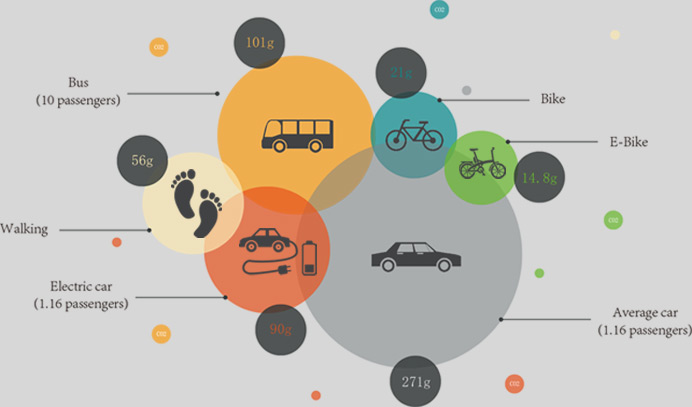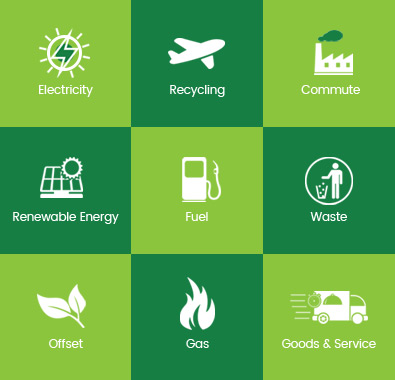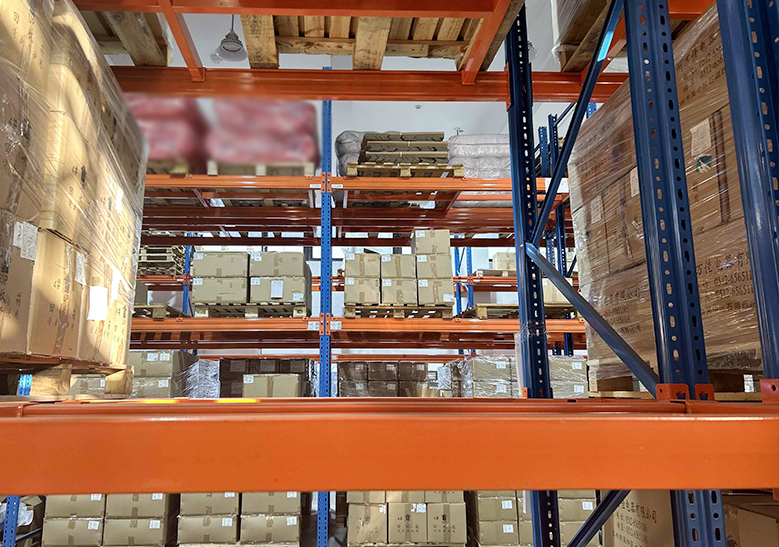-
products ∨
-
system∨
-
about vinka∨
-
service∨
The VINKA E-Bike drive system offers a promising solution for sustainable development by encouraging eco-friendly transportation and reducing carbon emissions. By combining the benefits of traditional cycling with electric power, the VINKA drive system provides an accessible and efficient means of transportation that aligns with the principles of sustainable development, promoting a cleaner and more sustainable world for future generations.
While progress has been made in some areas, emissions from transport continue to rise. We’re not going to get to net-zero without dramatic changes to how we move about.
Cycling could be part of the solution.

For any company serious about taking climate action, calculating greenhouse gas (GHG) emissions is just the beginning of their journey.
This is why VINKA begins to work with official institute to better understand our footprint.
The corporate carbon footprint (CCF) or company carbon footprint is used for companies and organizations and includes all indirect and direct emissions of greenhouse gases (especially carbon dioxide) with a company’s operations, throughout the supply chain, over a specified reporting period (usually one year).
Establishing a corporate carbon footprint is an essential part of climate protection in the corporate arena. Knowing the value of the CCF makes it possible to take steps toward a company’s climate neutrality, and calculating it makes it possible to locate a company’s most carbon-intensive activities (energy costs, etc.).

Better planet, better life, better VINKA.
We believe in the power of E-Bike to enhance quality of life.
Sustainable development is a shared responsibility. VINKA aims to assist in building a more sustainable green transportation system, fostering a more comfortable and high quality green cycling ride, and enabling a more convenient and efficient green lifestyle.
VINKA understands the importance of monitoring and reducing its carbon footprint, which refers to the total greenhouse gas emissions caused by its activities. By accurately measuring this footprint, VINKA can identify areas where emissions can be reduced and develop strategies to minimize its environmental impact.

In an effort to promote renewable energy, VINKA has implemented a project that harnesses solar power through distributed photovoltaic systems installed on cement rooftops. This initiative not only utilizes available space but also contributes to the overall reduction of carbon emissions by generating clean energy.

VINKA is committed to minimizing plastic packaging waste, recognizing the detrimental effects it has on the environment. By adopting sustainable packaging alternatives, such as biodegradable materials or reusable options, VINKA aims to reduce its reliance on single-use plastics and contribute to a more sustainable future.

To encourage sustainable transportation and reduce carbon emissions, VINKA has joined bicycle associations. By advocating for the use of bicycles as a means of transportation, VINKA promotes a greener alternative to car travel, reducing air pollution and improving overall environmental sustainability.

© 2023 VINKA. All Rights Reserved. ﹃ support: eyundns
